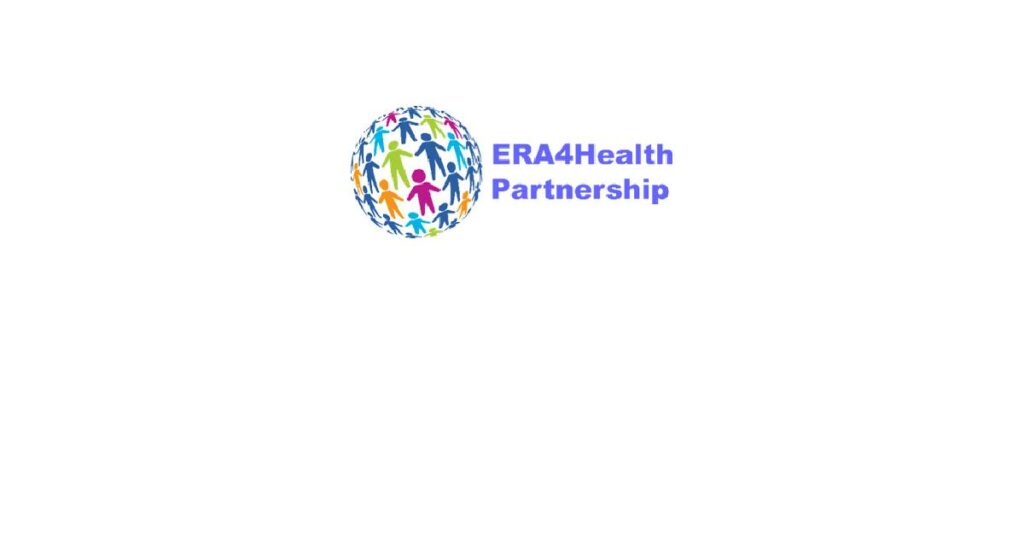Partnership ERA4Health is launching its first Joint Transnational Call on Increasing health equity through promoting healthy diets and physical activity – HealthEquity.
The HealthEquity call involves 19 funding organisations from 18 countries.
Predsedníctvo SAV uznesením č. 405 zo dňa 13. októbra 2022 súhlasilo so zapojením SAV do tejto výzvy a s finančnou podporou 240.000€/2 projekty/3roky, pričom maximálna výška na projekt je 120.000€/3roky, čo je 40 000€/rok (z čoho 15 000 €/rok je povinná spoluúčasť príslušnej organizácie SAV).
Predbežný harmonogram výzvy:
| 13 January 2023 | Publication of the Call, Opening of submission system |
| 26 January 2023 | Info webinar for applicants on the call specifics. Please register here: https://terminplaner6.dfn.de/en/b/6bedf7545dc9795972f571a019114f8c-71848 |
| 14 March 2023 | Deadline for proposal submission |
| 16 – 25 August 2023 | Rebuttal stage |
| End of October 2023 | Communication of the funding decision to the applicants |
| December 2023 – May 2024 | Expected project start (subject to national procedures) |
More information will soon be available online: https://era4health.eu.
The aim of this call is to develop novel strategies and targeted approaches to identify, understand, and modify determinants and mechanisms of diet-related behaviour and physical activity as well as sedentary behaviour, which are maintainable over time and have the potential to reduce health inequalities.
Research should be focussed on socio-economically disadvantaged groups. The applicants need to clearly define and justify their selection of target group(s). In addition, the strategy how these target groups will be reached needs to be innovative and outlined in detail.
Proposals should comprise holistic and multi-disciplinary research, that must include several approaches tackling different aspects, such as:
1. Mapping the current situation of the vulnerable groups with respect to food and built environment for physical activity, but also including the family, social, cultural, and local background, as well as digital influences;
2. Develop and test interventions, that may:
– target the food environment and/or the built environment for physical activity
– address illiteracy by increasing knowledge with respect to food, lifestyle and adequate use of digital media;
– be focussed on different settings, including but not limited to day-care, schools, workspace, retirement homes, neighbourhood.
3. Evaluating existing interventions, e.g. to identify barriers in the implementation;
4. Research on the efficiency of policies and fiscal approaches (e.g. taxes and subsidies) that were implemented to enhance healthy diets and physical activity;
5. Expanding the theoretical basis on the systemic barriers to change, e.g. political, economic and/or cultural barriers to increase the effect of interventions.
The research results should be translatable into policy recommendations or actions.
KONTAKTNÁ OSOBA
Ing. Katarína Bibová
T: + 421 2 57510 136




